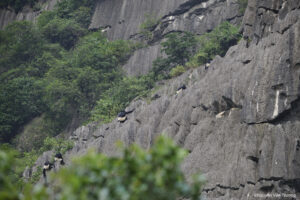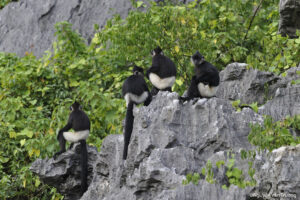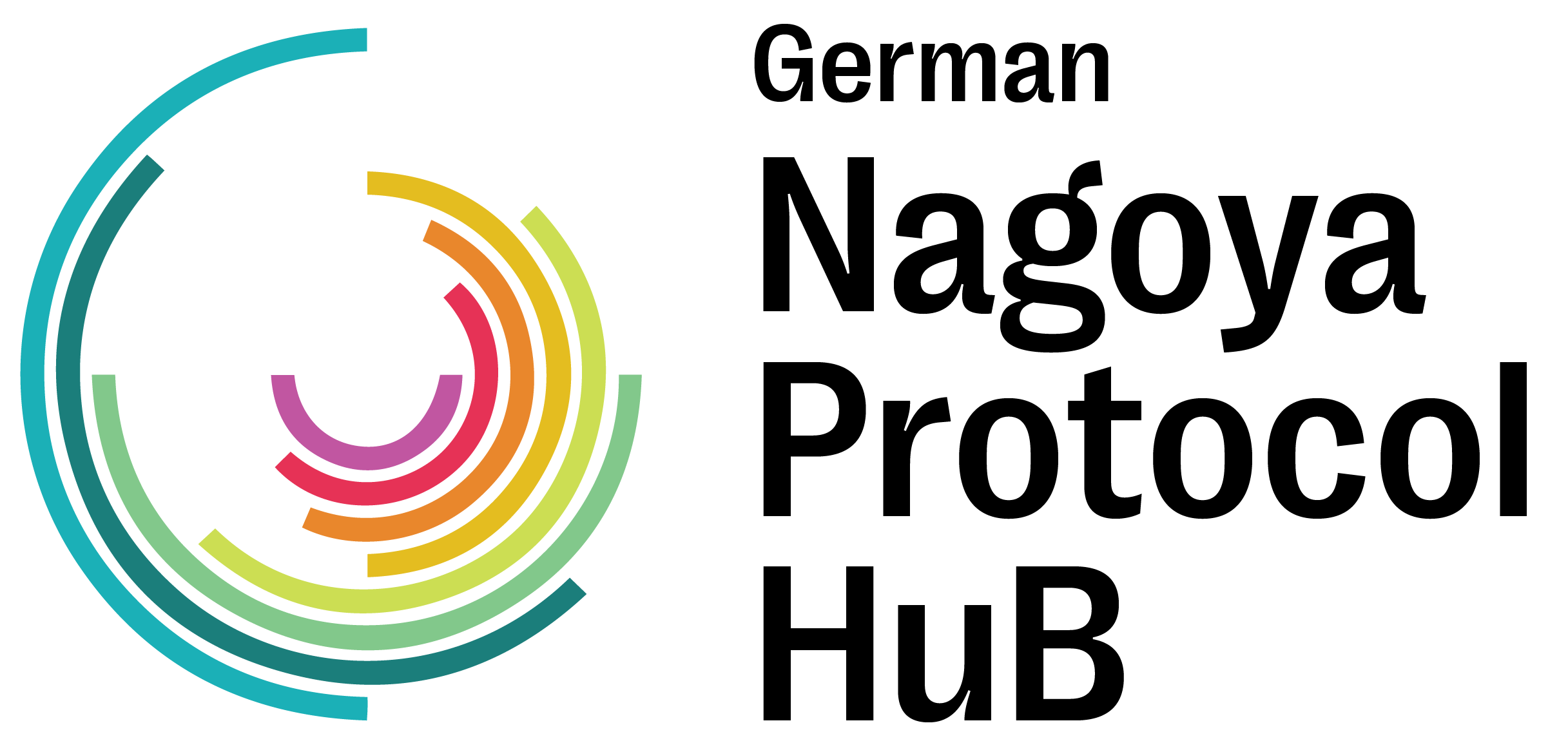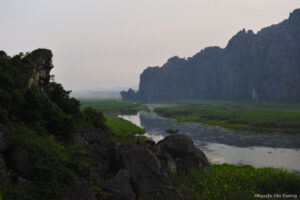ABS stories
Learning from experience: Vietnam
Institution: A German university
Biological material: Fecal samples (Limestone langurs)
Research field: Biology
Research: Basic, non-commercial
Focus: Sequencing technology and analysis was applied to understand the microbiome diversity between the limestone and forest langur. This research is being conducted as part of a PhD by a Vietnamese student in Germany. The species involved are endangered in Vietnam.
Collection: The material was collected in the field by research assistants, forest rangers at the relevant nature reserve and the Vietnamese PhD student.
Collaboration partner: Two universities (one in Germany and one in Vietnam)
Funding: Deutsche Forschungsgemeinschaft


Photos: Truong Nguyen
ABS Process
Time needed for first response from the National Focal Point: 4 weeks
Time needed until all ABS documents were obtained: 4 months
ABS documents needed: An agreement with the local authorities (provider) ABS permit from MONRE
Other documents needed: cooperation agreement with the local university, project implementation license, export (CITES) permit
Useful information about ABS in Vietnam can be found in the ABS Clearing House and on the national ABS website of Vietnam.
As a collaboration with a local institution is a pre-condition to starting the ABS process, a memorandum of understanding (MoU) was signed by the German and Vietnamese universities.
The ABS process then involved three main steps: First, a request for a project implementation license was submitted to the Ministry of Agriculture and Rural Development (MARD). This request was supported by an official letter from the Vietnamese partner, a copy of the research proposal (in Vietnamese and English), and the MOU. MARD responded within about a week.
In the second step, the project implementation license from MARD was submitted to the local authorities in the area where the field work was to take place. These authorities were the provider and agreed to the implementation of the project.
In the last step, all of the documents, including the documents issued from MARD and the local authorities, were packaged together and submitted to the Ministry of Natural Resources and Environment (MONRE) with the request for an ABS license.

Photos: Truong Nguyen
Benefit-sharing
What benefits were agreed to?
- Reporting of final results of the analysis to stakeholders and local authority in the study area
- Enhancing our understanding of the biodiversity in Vietnam, especially about the gut microbiome and food plants of the langur species
- Training for exchange students and working on joint sub-projects
- Exchange of biological samples
- Sharing the results among the collaboration partners
- Co-authorship of publications by the Vietnamese and German researchers
Advice for other researchers obtaining biological material from Vietnam
The university had a positive experience with ABS in Vietnam. What do they suggest?

Contact the national focal point to find out what you need to do and be transparent with the authorities about your work.

Having a collaboration partner in Vietnam and a collaboration agreement is a precondition to starting with the ABS process. Start early with identifying who to work with and with the negotiations of the collaboration agreement. If you do not have a previous collaboration, this process could take some time.

It can be very helpful to have your collaboration partner in Vietnam support the ABS process, including direct communication with the authorities and providing supporting documentation if necessary.

The Vietnamese authorities do not accept all of the application documents in English. Be aware that some documents must be translated into Vietnamese and these translations must be certified.





